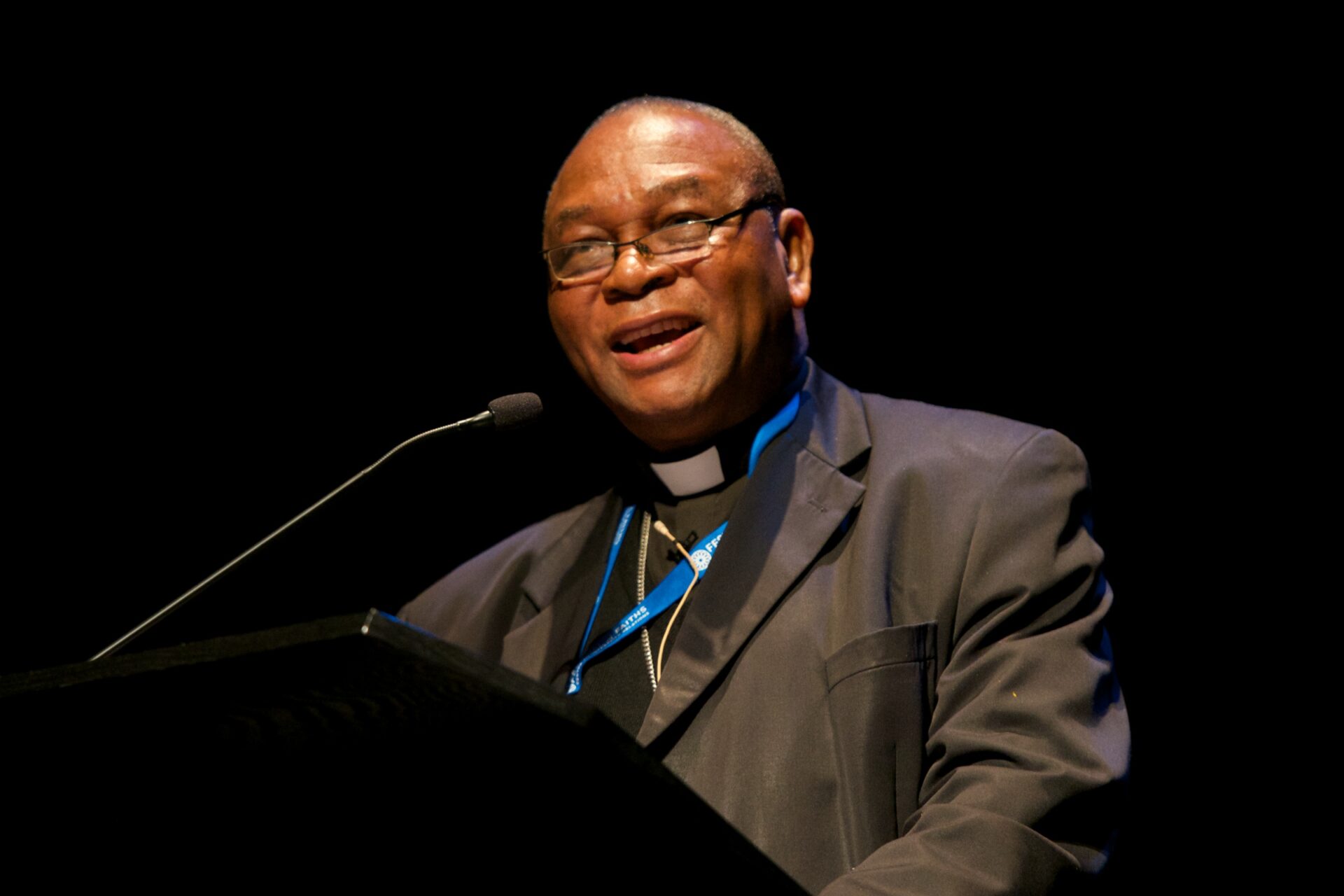by, Dana Hatic
Stories of traditions and sacred journeys inspire an appreciation for collective human experience.
Christina Lee Brown, a founder of the Festival of Faiths and a board member of the Center of Interfaith Relations, noted that individuals are able to learn about each other through their faiths. “Our faiths have a lot in common,” she said.
Three speakers on Friday morning conveyed hope for finding common ground among different faith backgrounds.
A Journey to Hope
Dr. William Vendley, the Secretary General of Religions for Peace International, described the six points of his sacred journey that led him to have hope.
- Childhood. Vendley was around people who truly believed their faith. He was introduced to the gift of tradition. He learned how to pray and learned about the Catholic faith before, as he said his second step of:
- “Sex, drugs, and rock and roll.” Here, he said, the early sureties of his faith didn’t hold up. He “had the exquisite sensitivity to hypocrisy that young people have,” and decided he would not be restrained and would explore this world.
- A deepening crisis. Vendley moved to France with his girlfriend and experienced deep despair when she died after suffering the flu. “It was a pit sufficiently deep that I didn’t see any path out,” he said.
- A first mercy. Vendley sought a zen master to find his way out of the pit, and was advised to read the work of Karl Rahner, a Jesuit priest. “Buddhists understand self-emptying is the conditioning of opening,” he said.
- Shared care, shared action. Vendley discovered four trend lines that all work together: Positive image of the other, Willingness to collaborate with the other, Seeing the other with the eye of mercy, Account for a belief in goodness
- Hope. Despite everything going out of our hands, we have confidence in our partnerships.
Journey of Humanity
Cardinal John Onaiyekan said he had a rather normal and ordinary sacred journey.
“It’s a story I have really not told much to myself in the past,” he said, but it is a story that has much interest in and concern about interfaith relations.
Cardinal John grew up in Nigeria with parents who were first generation Catholics and around uncles and aunts who belonged to different faith traditions.
“There are many ways of worshiping,” he said. Cardinal John described his early interest in priesthood and his education in the government Catholic school, where he befriended a practicing Muslim who made a point of overseeing the slaughtering of any animals fed to the students so he would know it had been properly done for his faith. The school did nothing to stop Muslim students from living according to their faith, Cardinal John said.
“Common values of humanity outweigh our not insignificant differences,” Cardinal John said.
“I give everybody the benefit of the doubt,” he said, making clear his position as it relates to his tradition, because, “There is no option other than to seek ever-closer relationship. The journey of humanity continues.”
Path to Sustainable Development
Father Michael Czerny described a journey not so much his own, but very much one that has become part of humanity.
“We are enmeshed in the processes of nature,” he said.
Father Michael referenced the words of Cardinal Peter Turkson of Ghana and president of the Pontifical Council for Justice and Peace.
He described starkly rising disparities in the world alongside advances in science and technology, along with what he referred to as “the globalization of indifference.”
How can we do better, he said, to protect the earth and dignify humanity?
“This calls for a reciprocal response on the part of humanity,” he said. “All relationships should be based on respect, recognition, and solidarity.”
The disparities are increasing among the poor, who have such a small impact on climate change, and the wealthy, who have a great one.
“Everyone needs to develop, not just the poor,” Father Michael said, “to be a subject and a protagonist of development.”
He described that the language of human meaning and dignity is found within individuals, who must take that dignity to embrace the moral imperative to act in response to climate change.
“When selfishness and individualism dominate, sustainable development will not come about.
He said humanity must not be thrown off by false dichotomies, and that religion and science cannot stand apart to address these issues.
